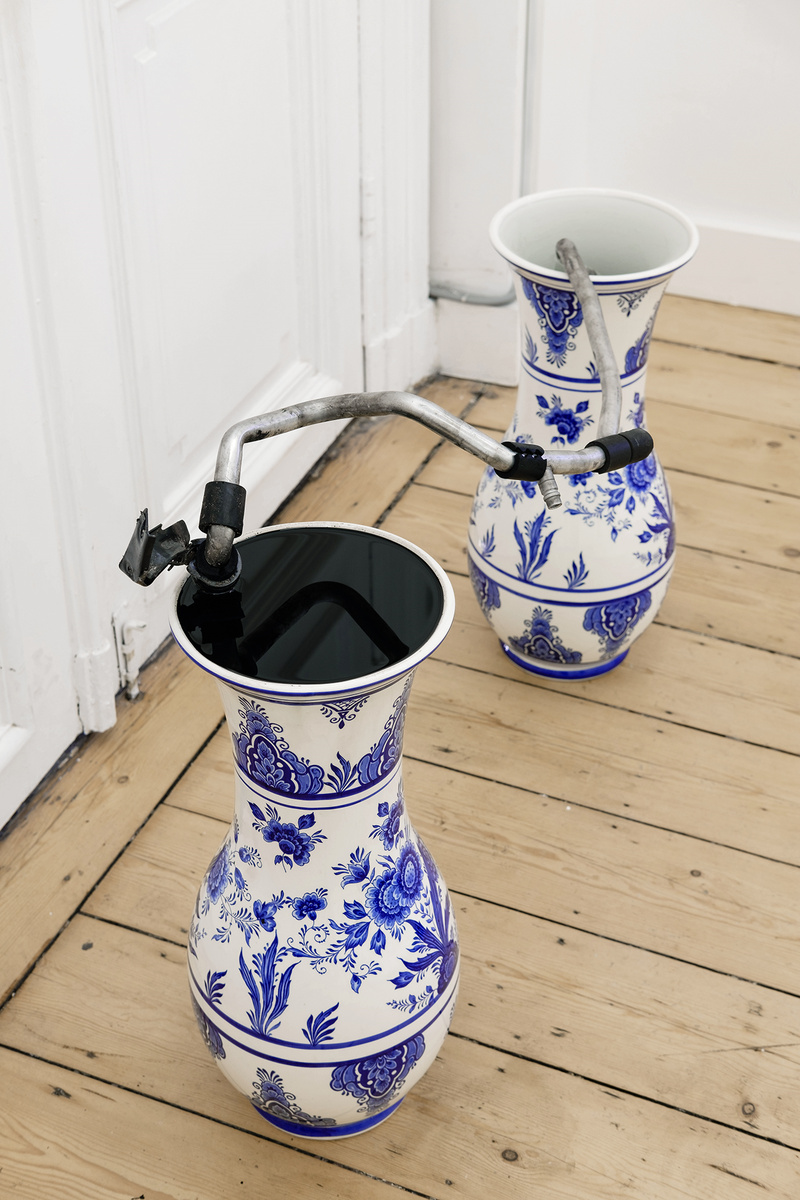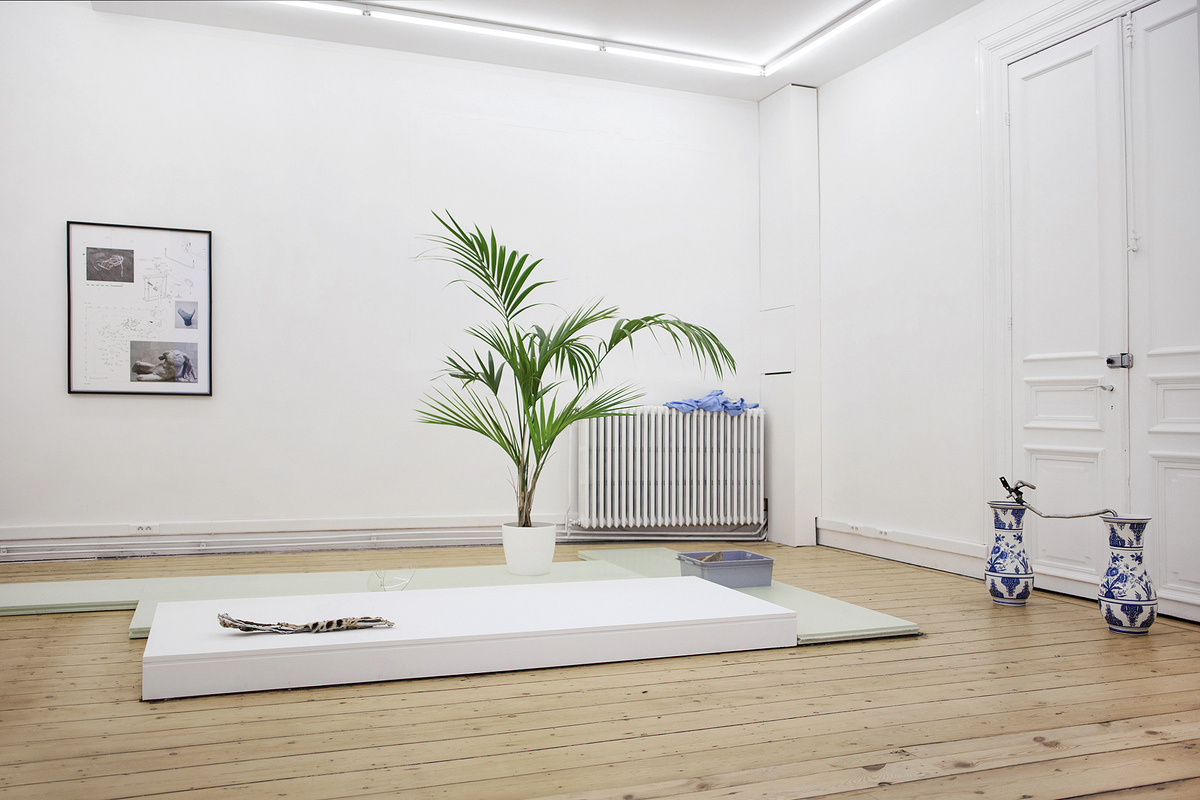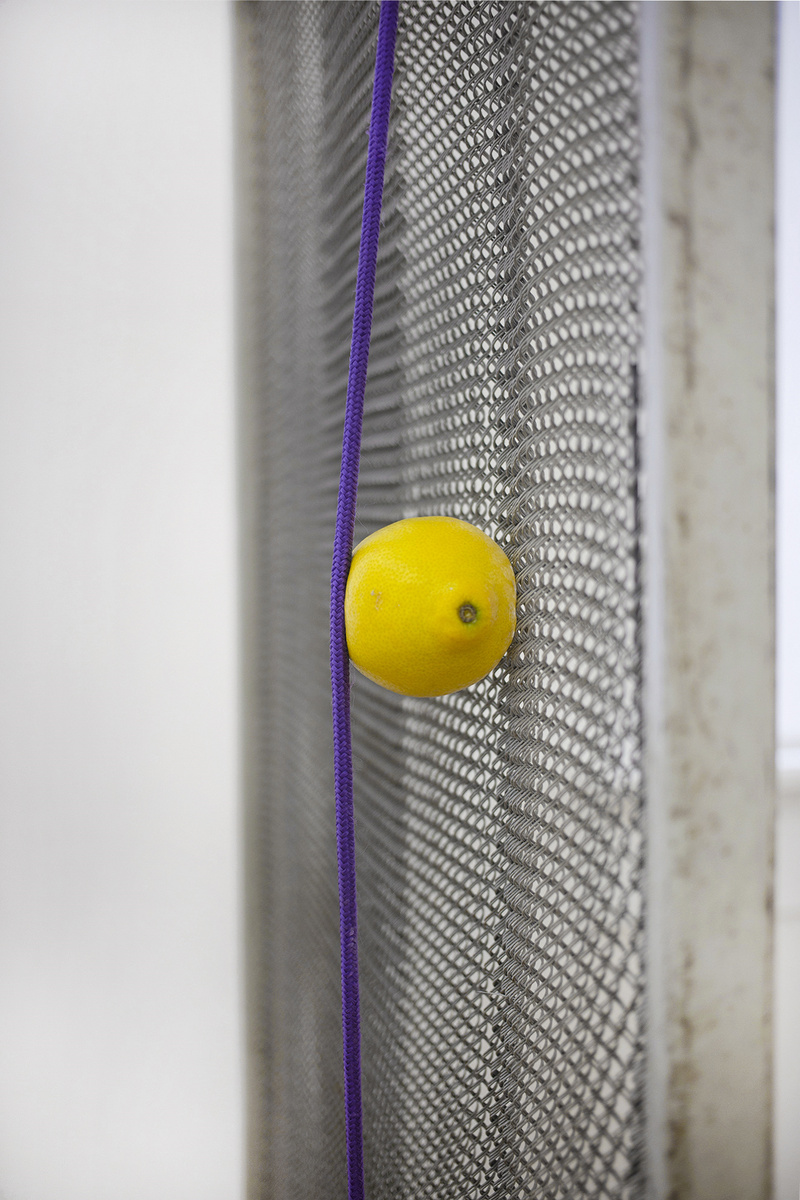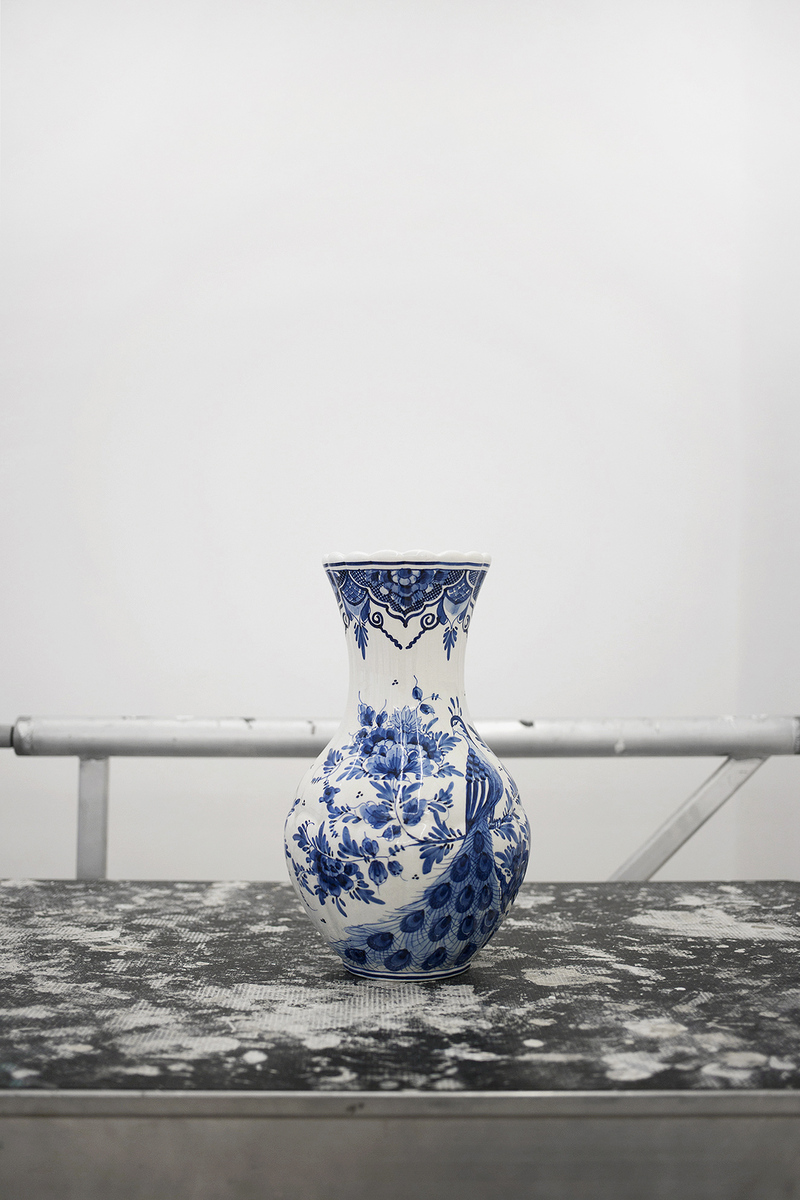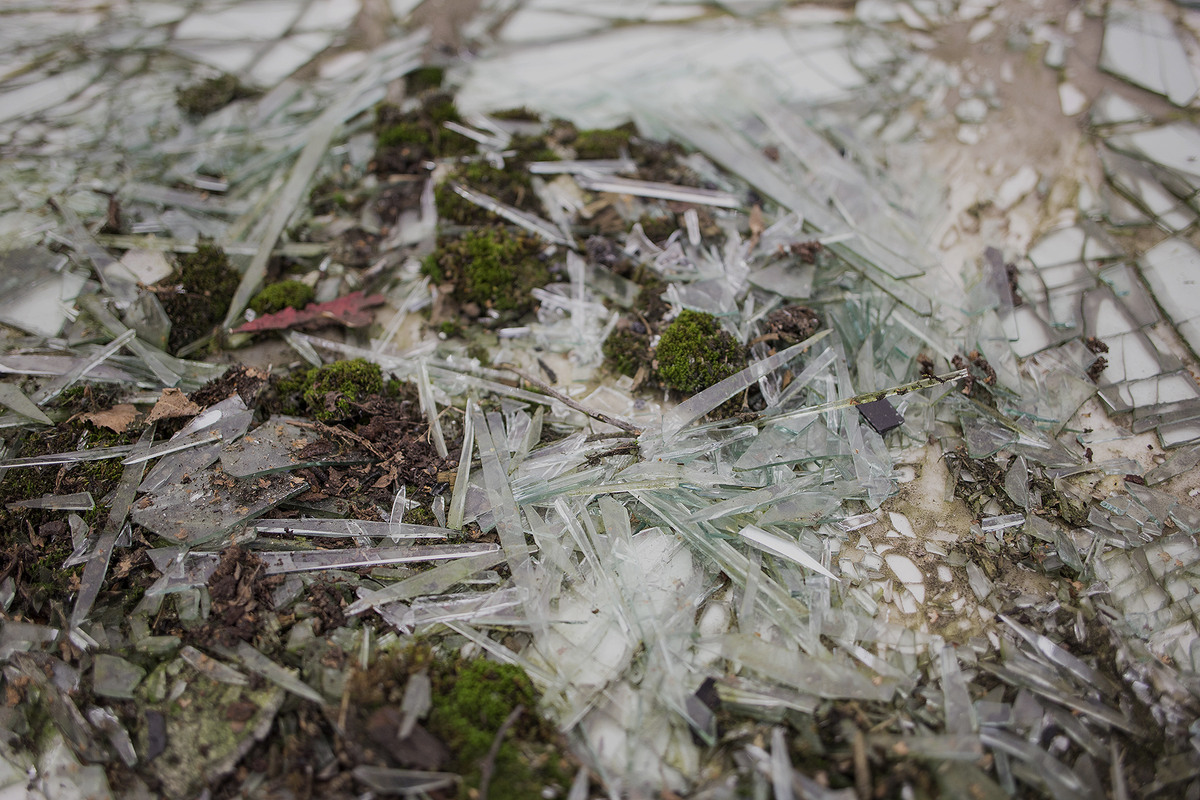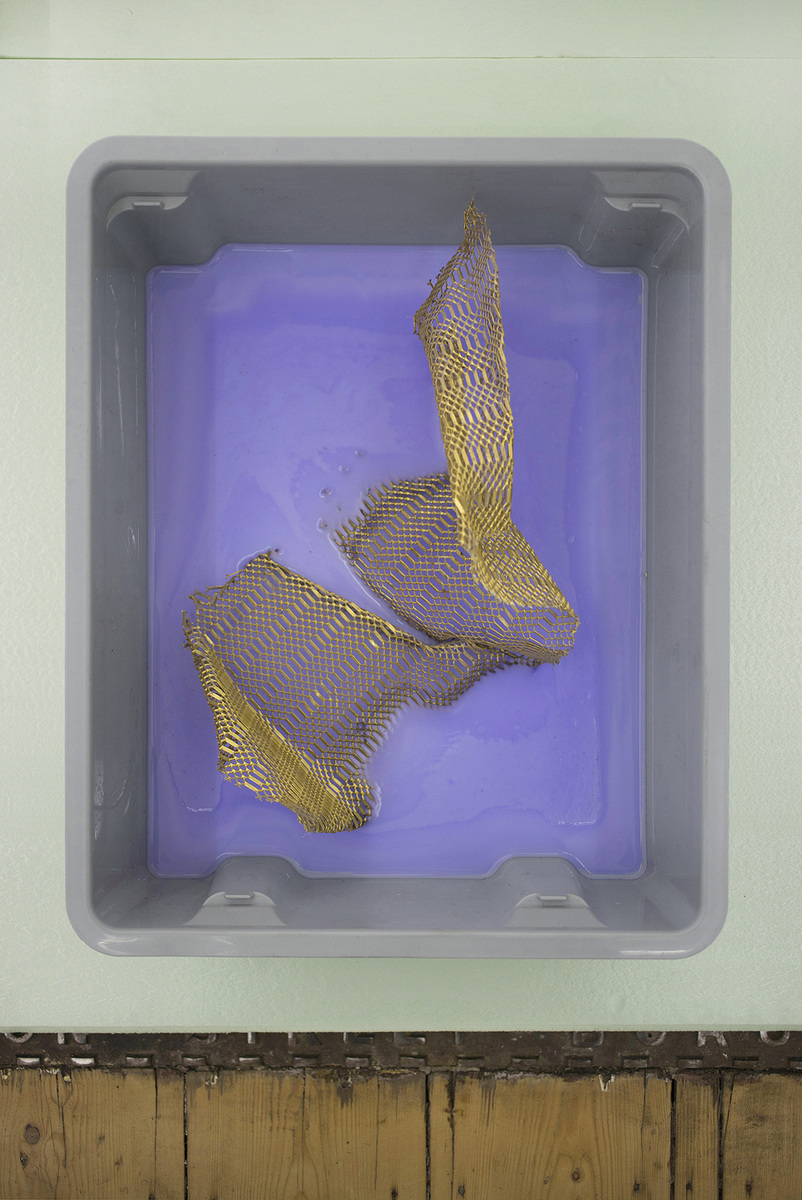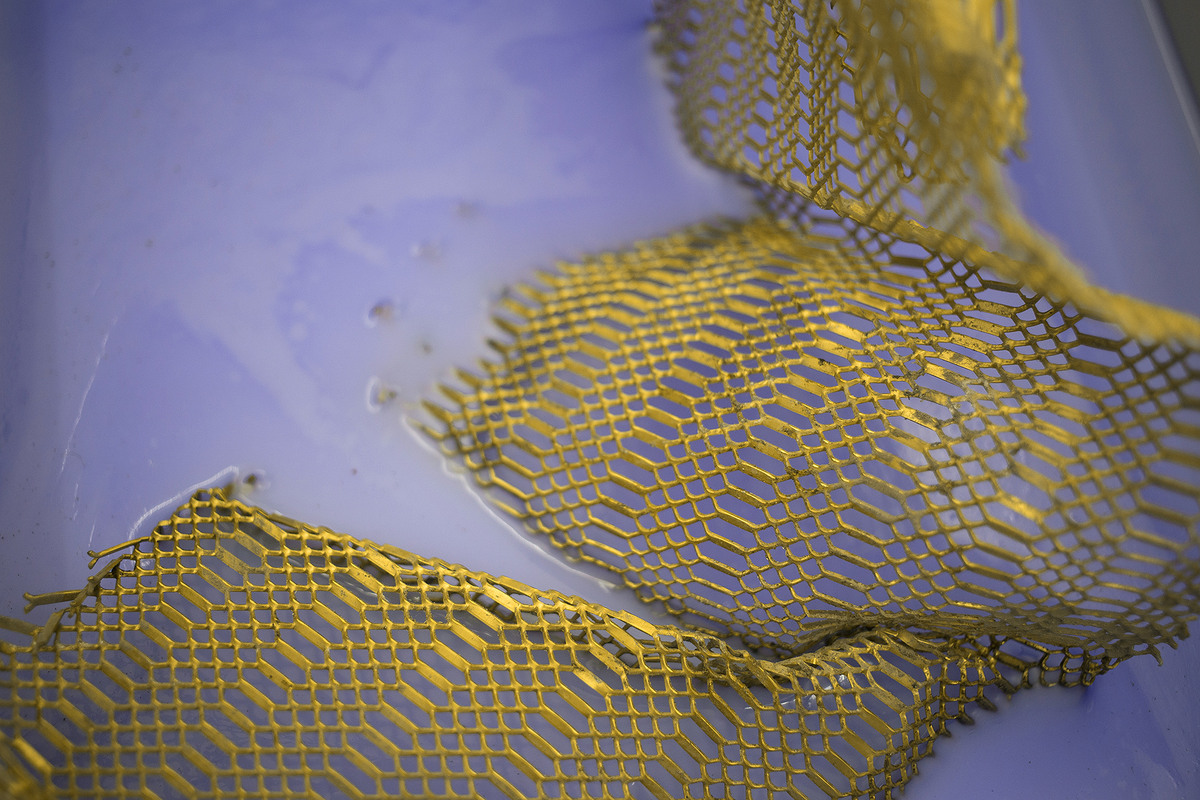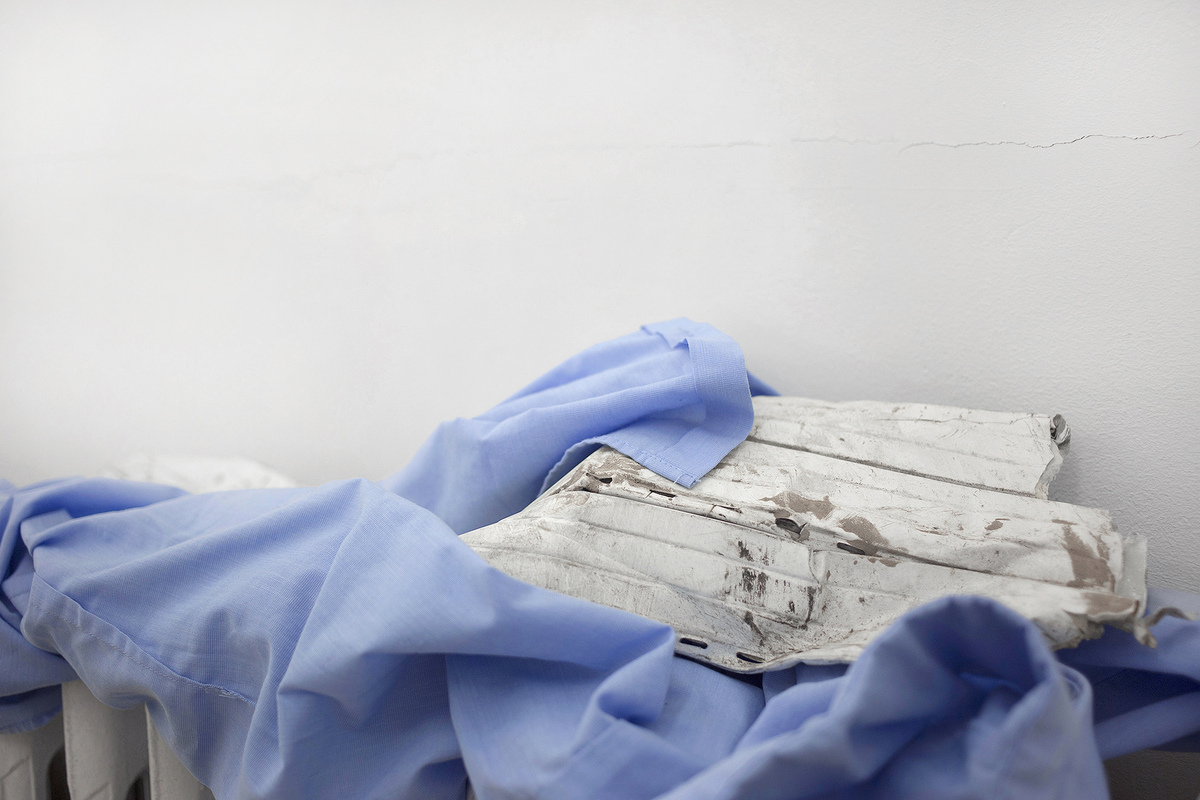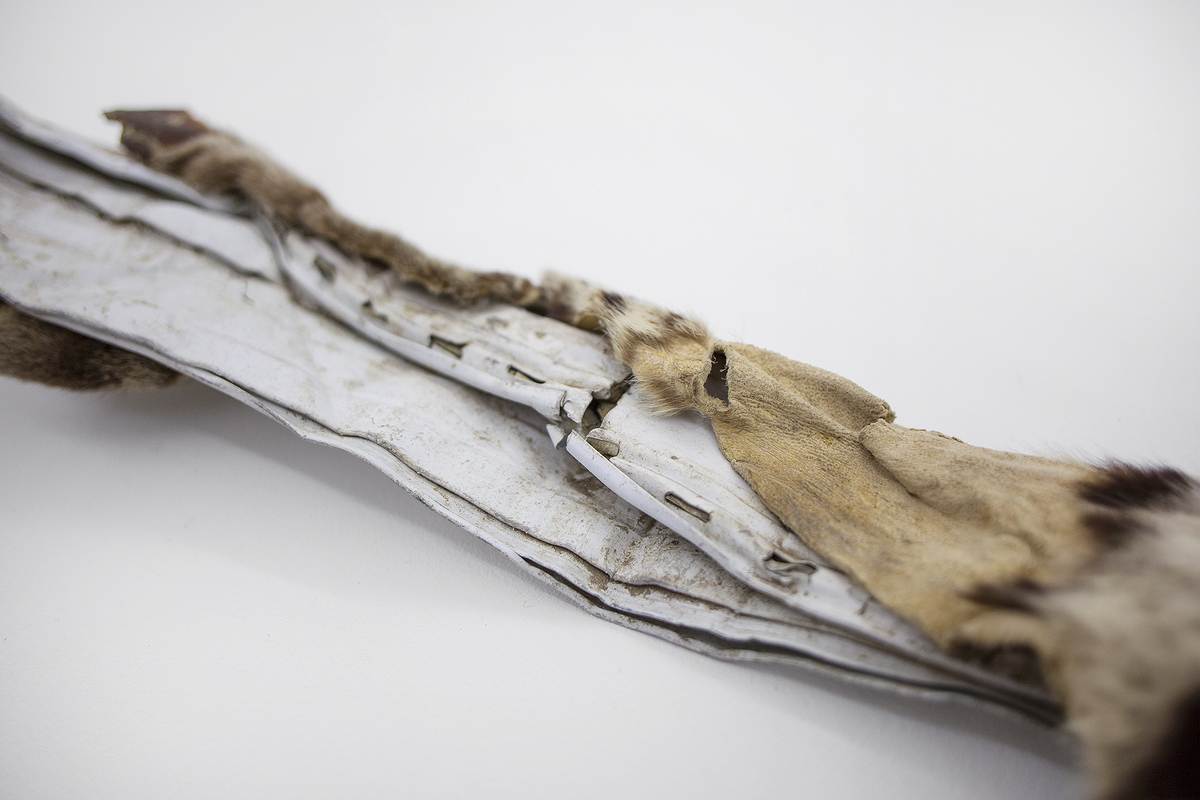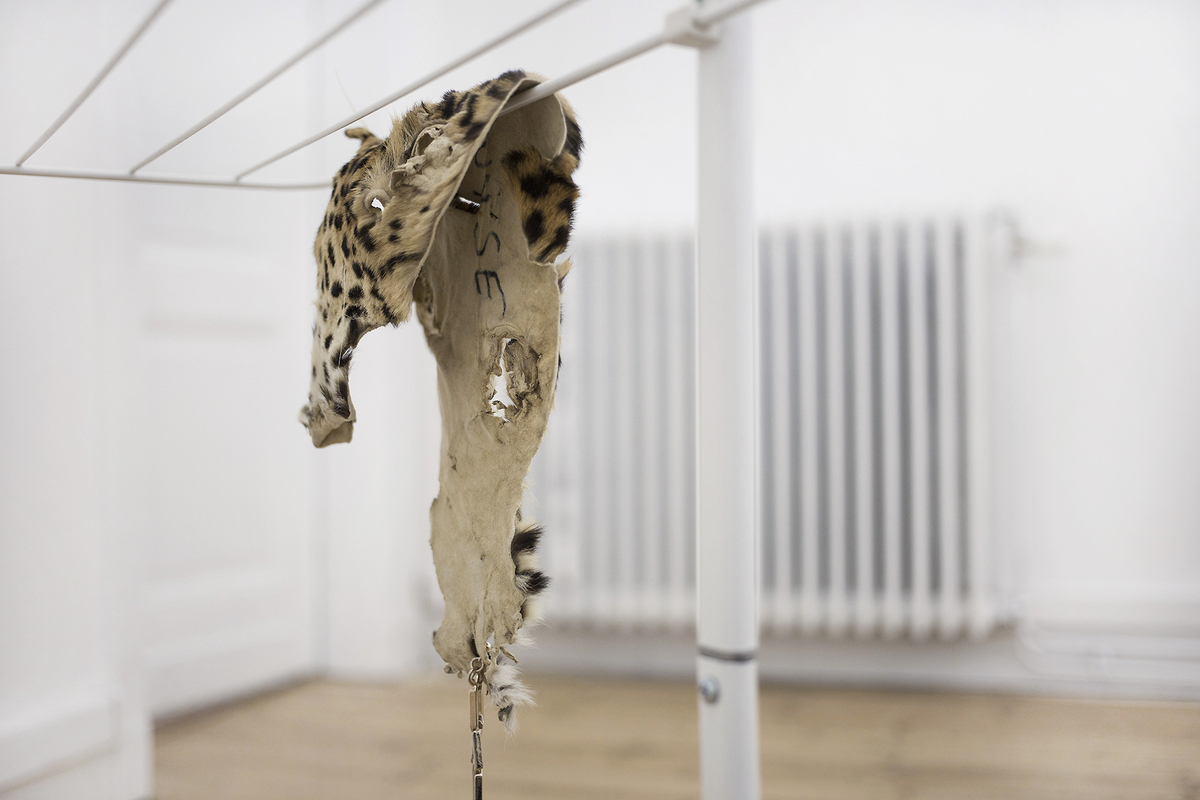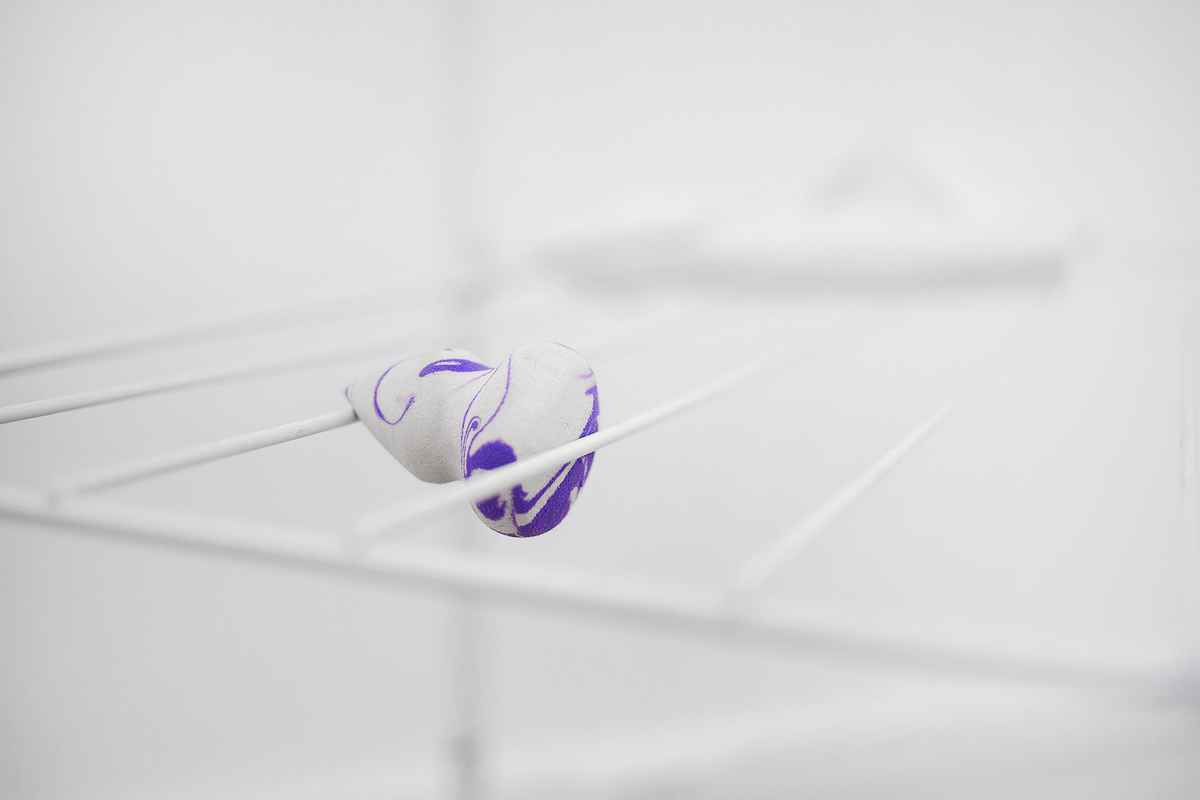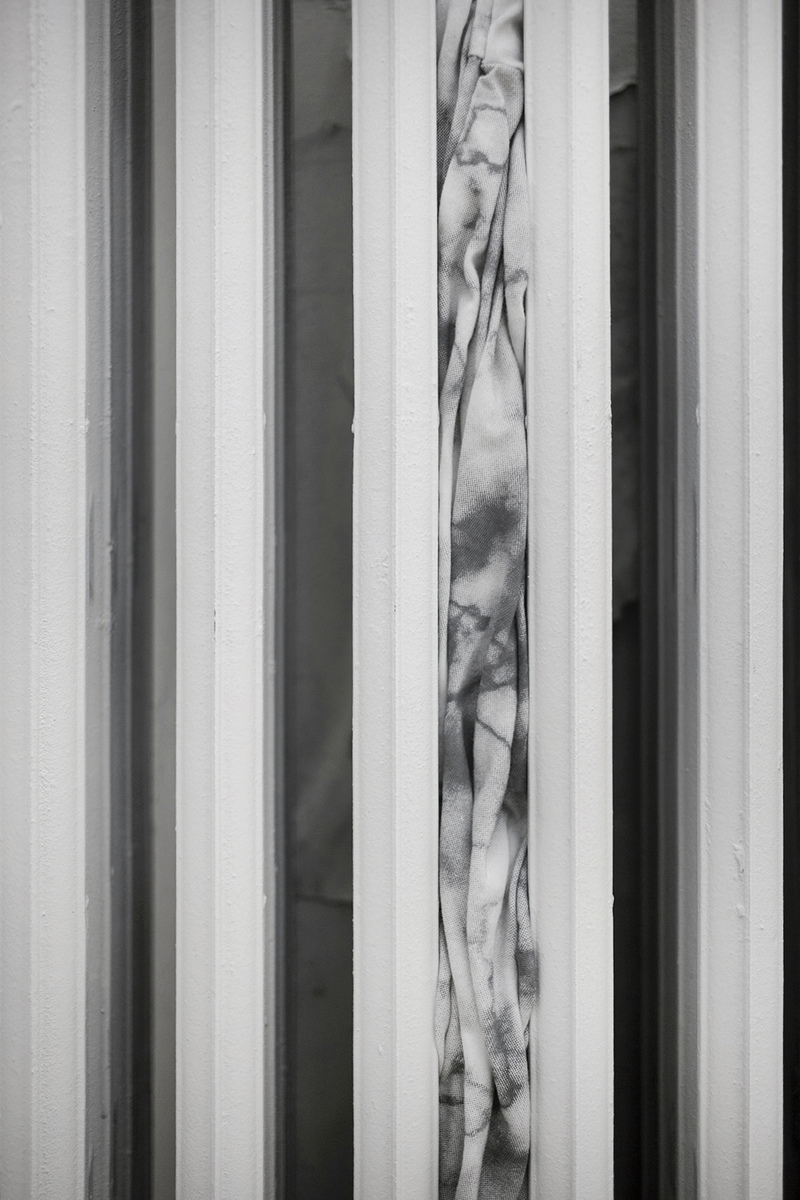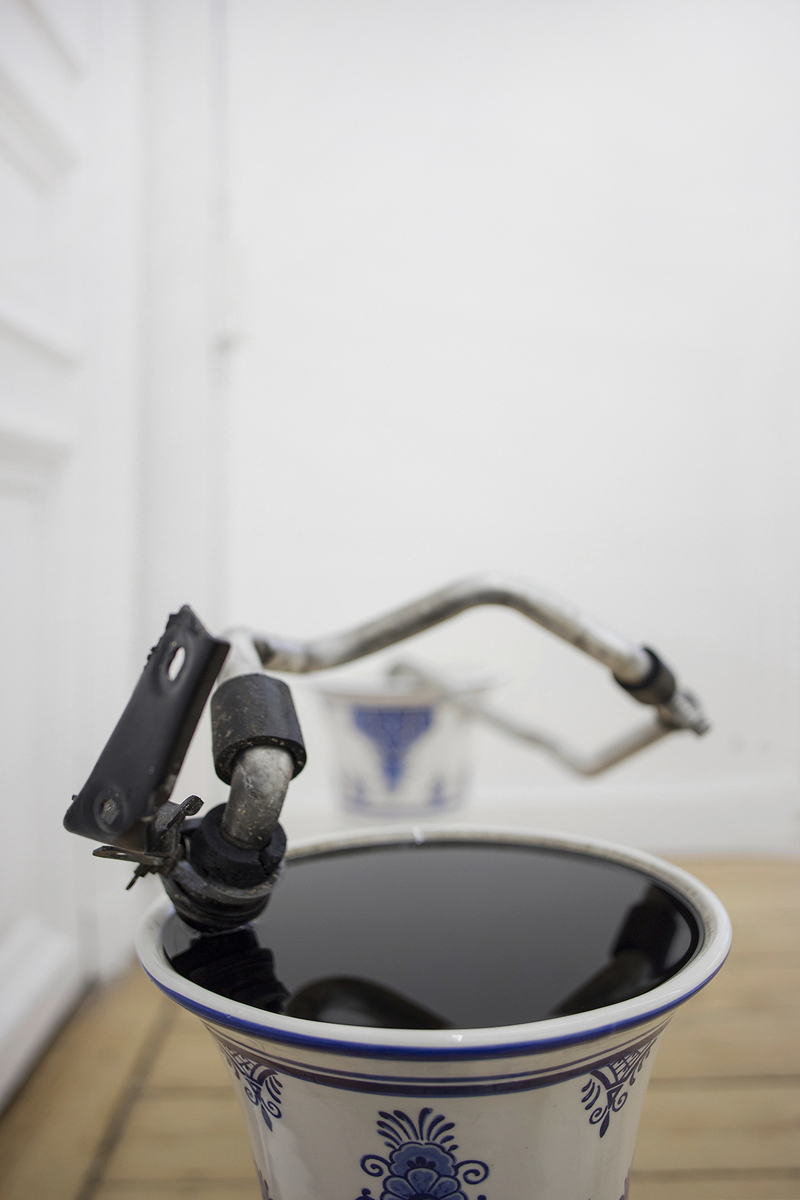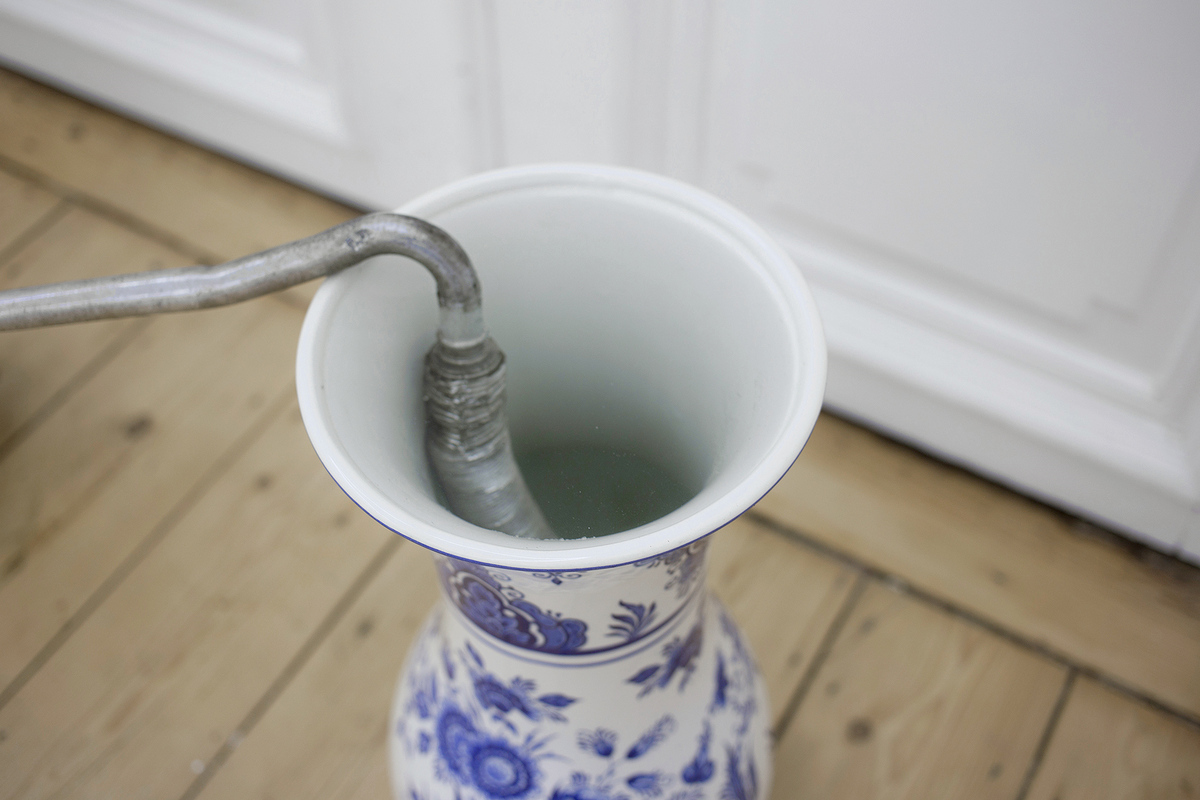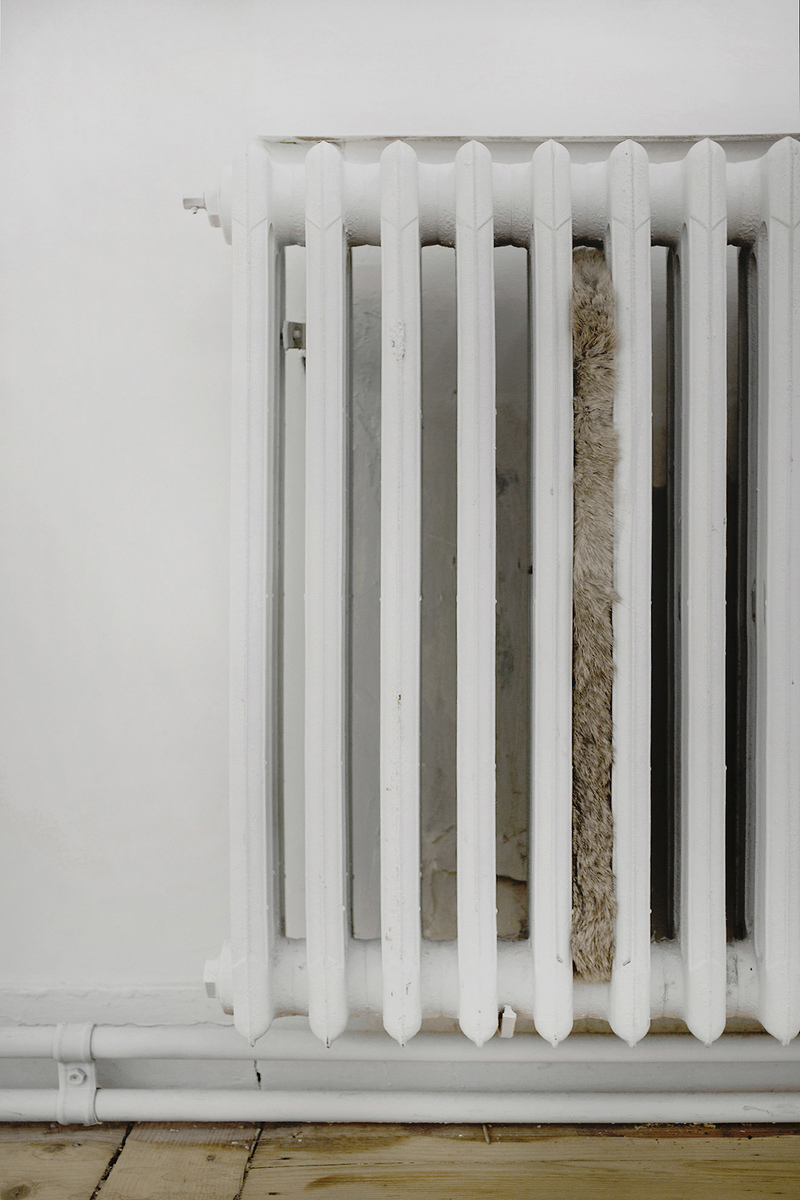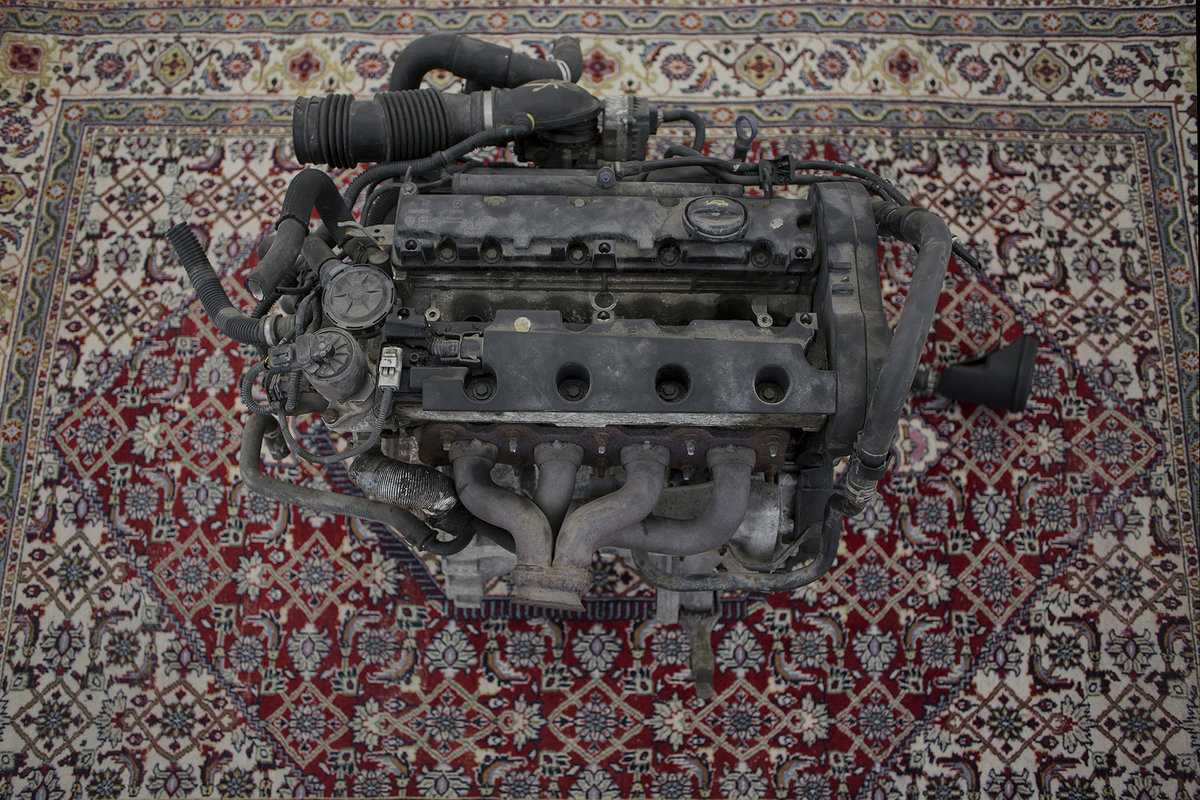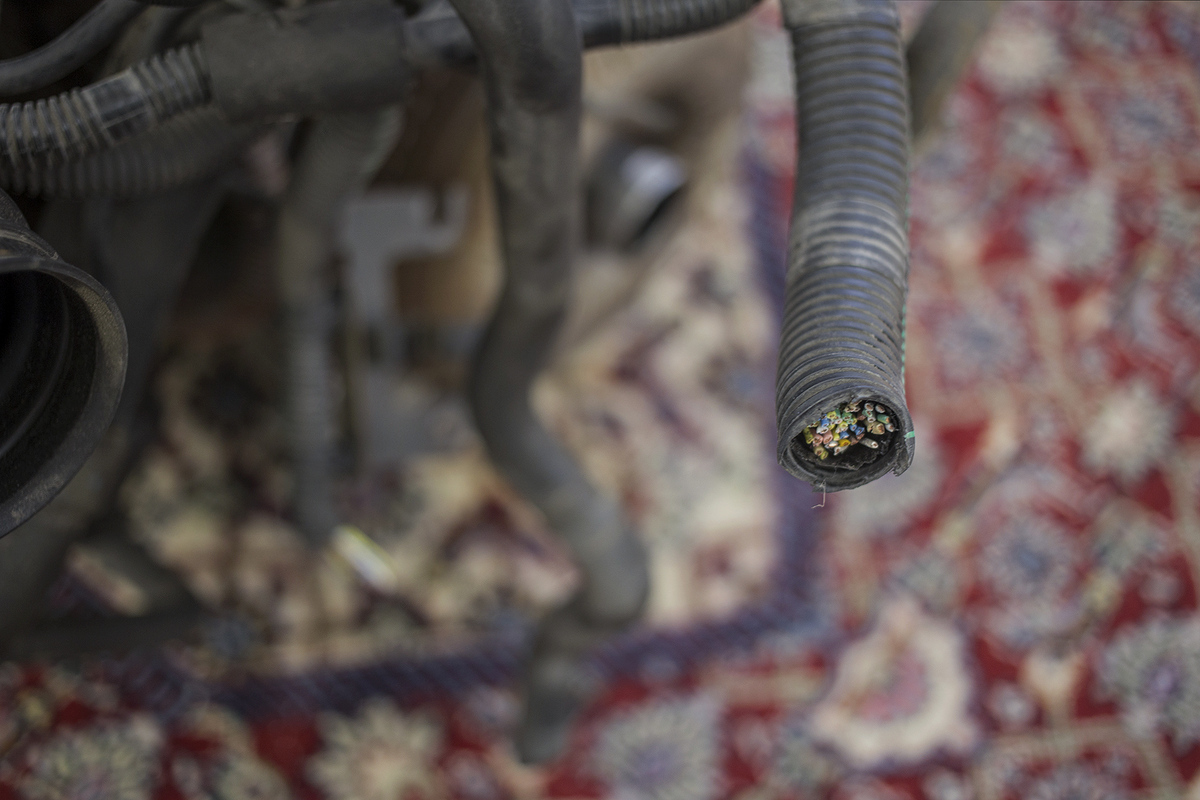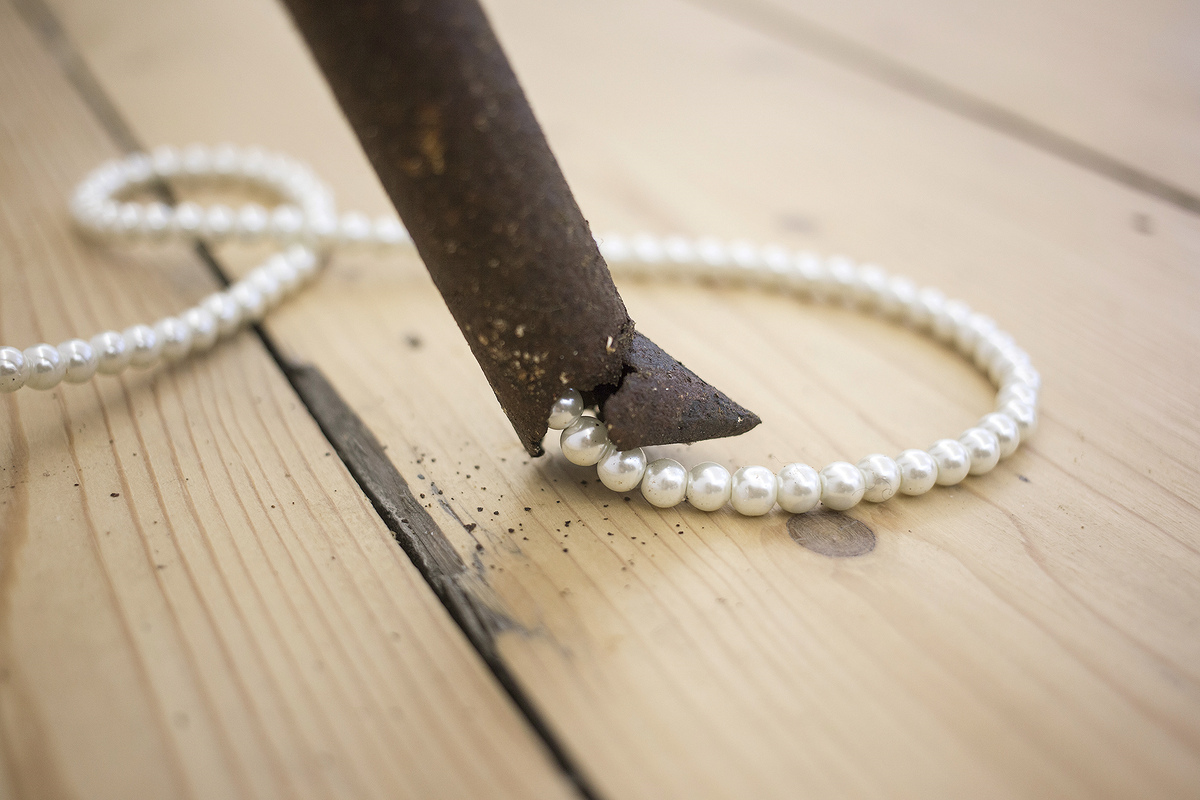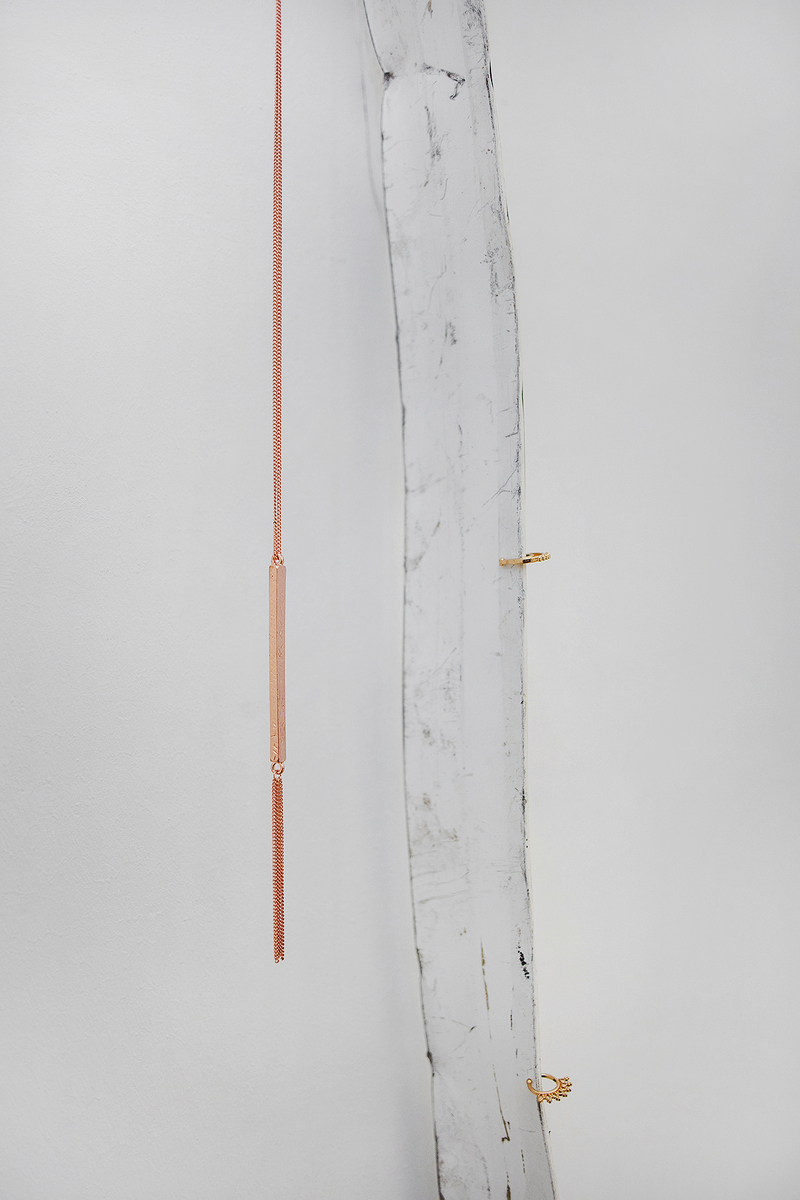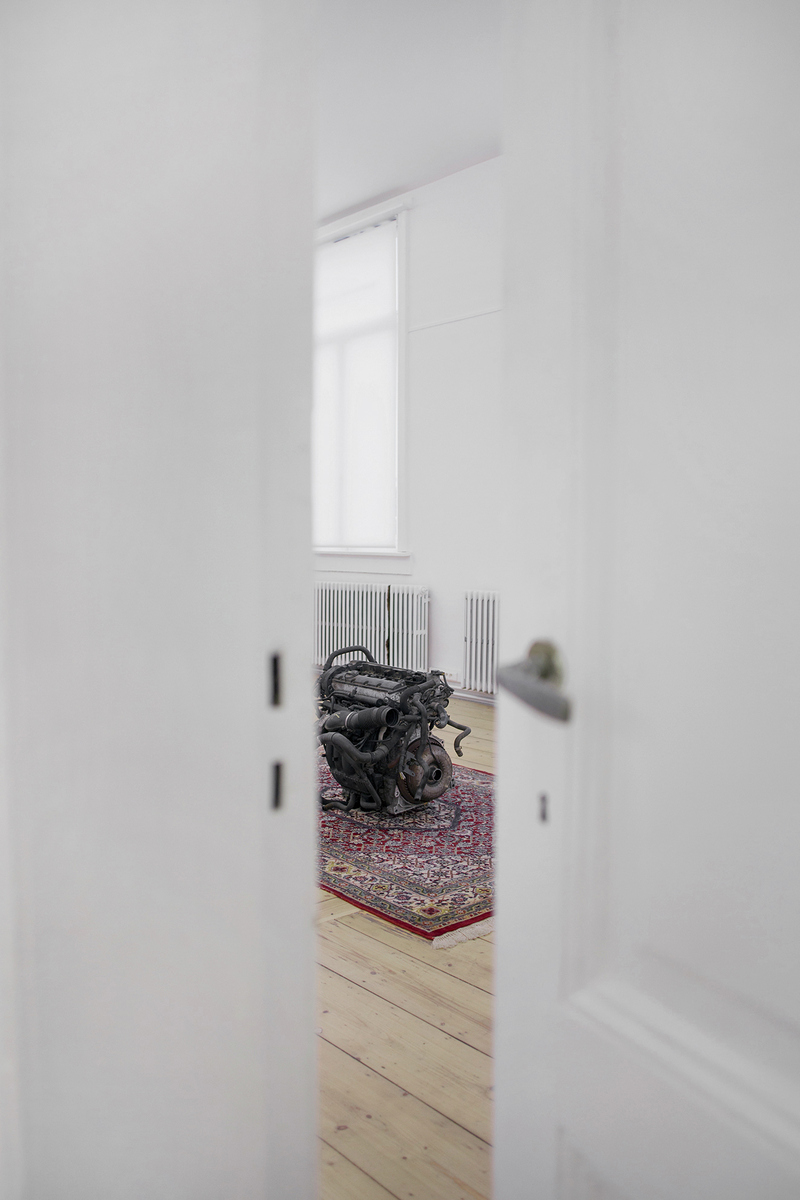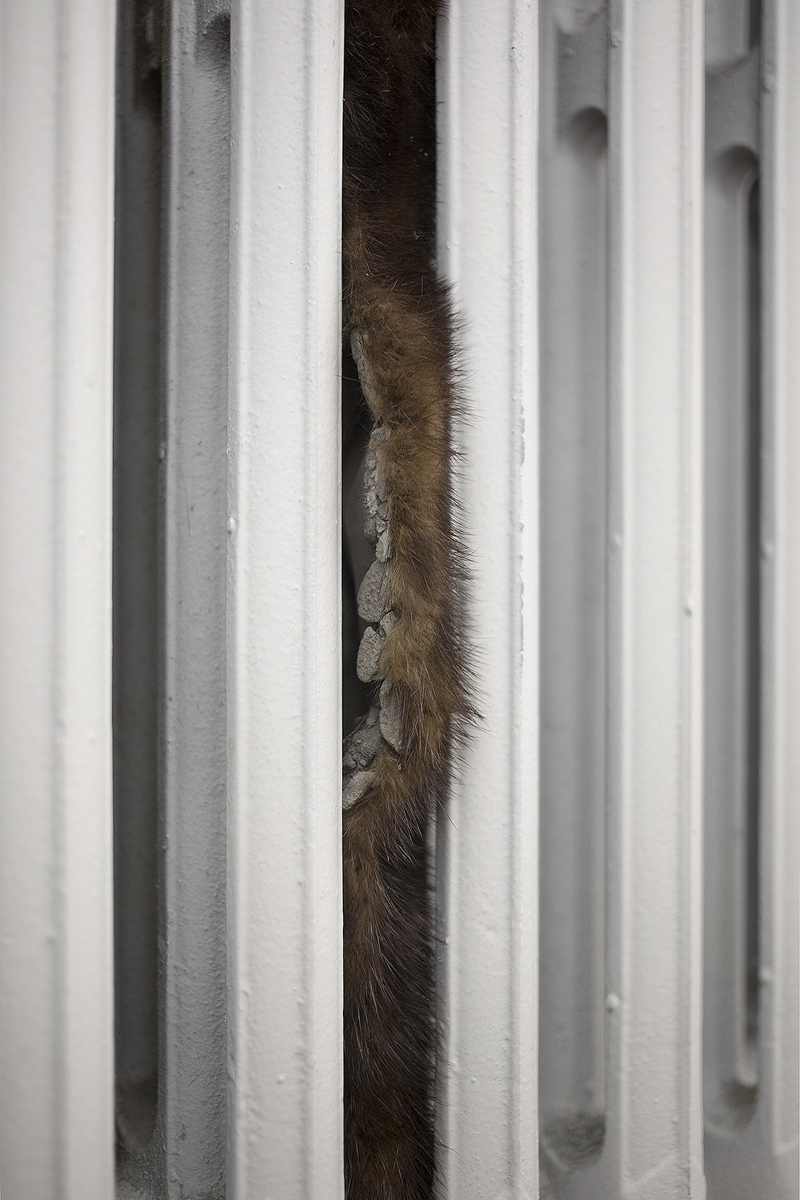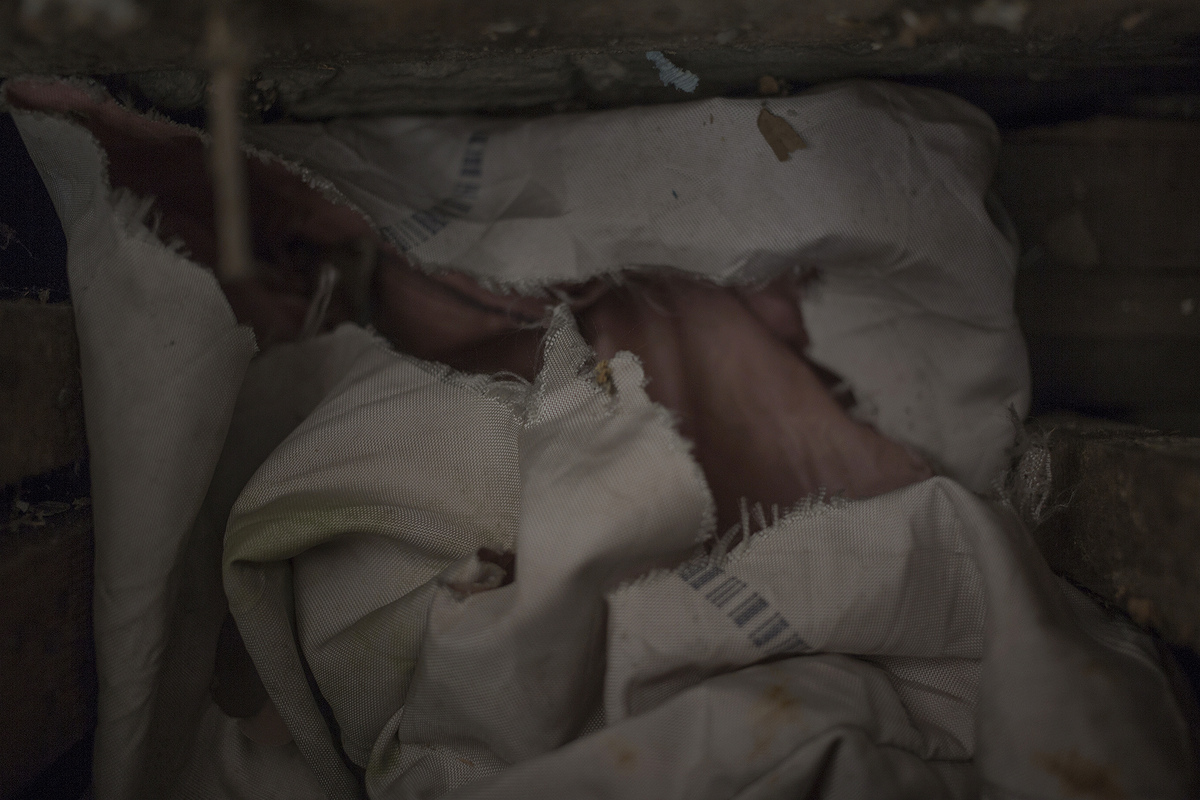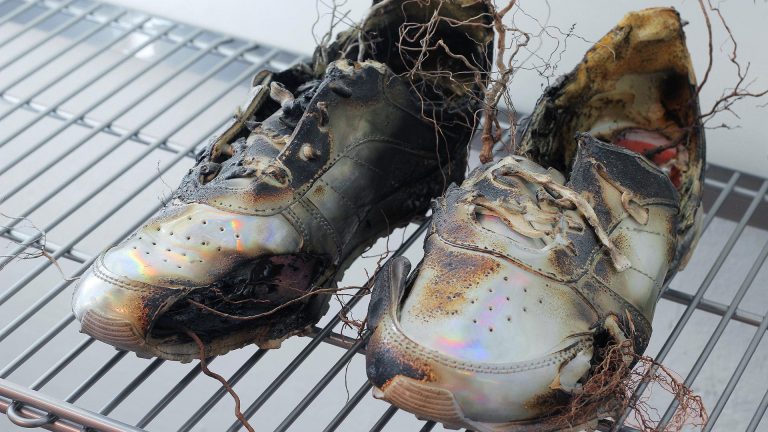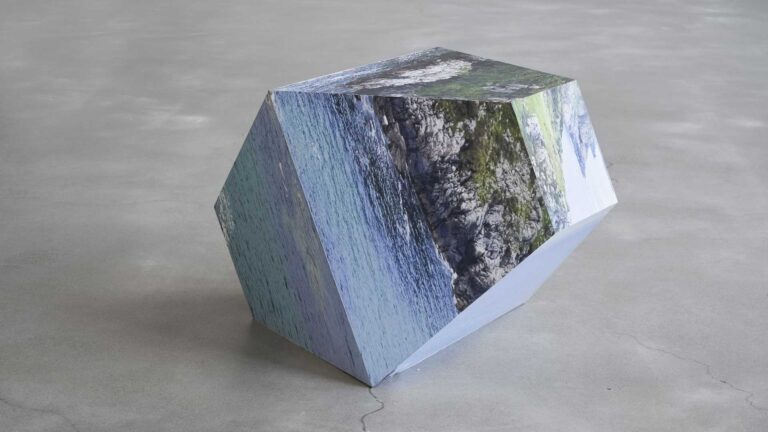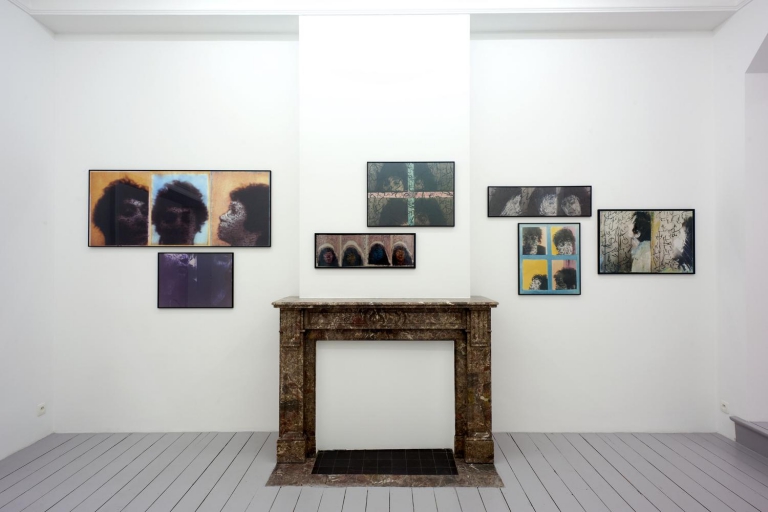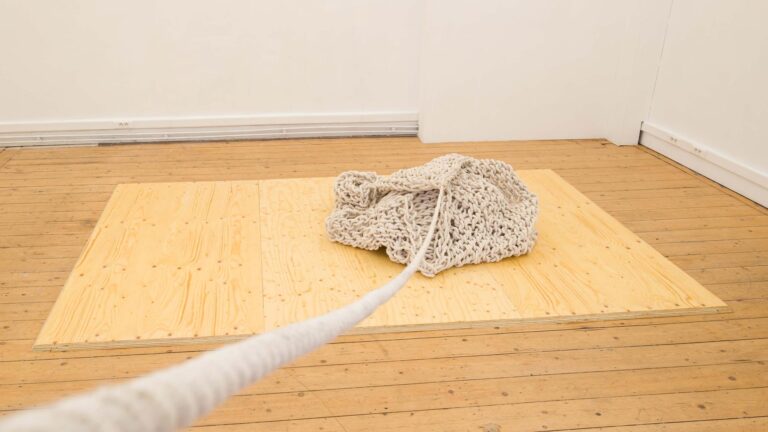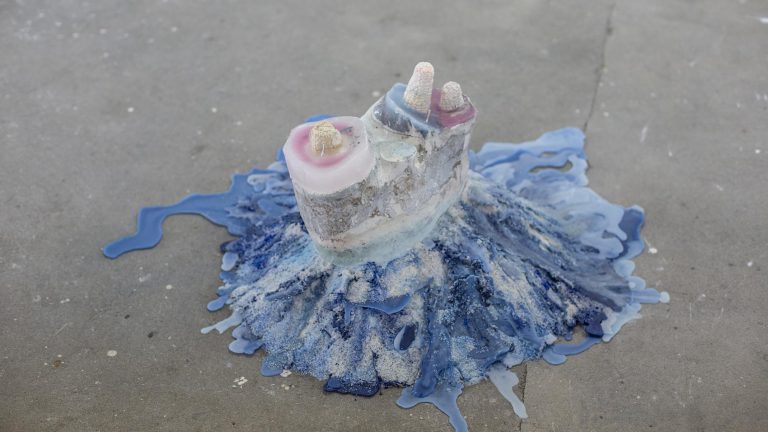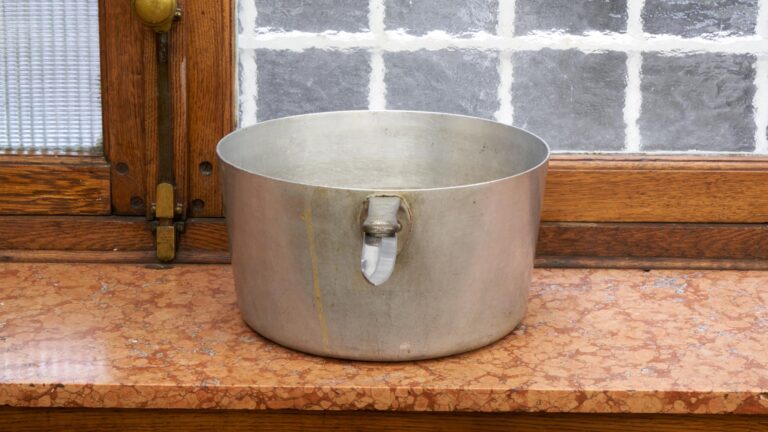Artist: Nicolás Lamas
Exhibition title: Ephemeral conditions
Venue: Marion de Cannière, Antwerp, Belgium
Date: January 21 – February 25, 2017
Photography: Alexandra Colmenares, Tomas Uyttendaele, all images copyright and courtesy of the artist and Marion de Cannière, Antwerp
“…I see daily life as an inexhaustible source of objects and situations that, within its apparent simplicity, contains a great amount of information and links with much more complex phenomena. When I work, I am very aware that objects operate under different categories and at multiple levels. I understand the object as a container of information which is relative to the context where it is developed and to the degree of transformation of its own structure. But I think not only of the ideological burden it carries, but also of its ontological properties, recognizing it as a physical presence that activates a space, beyond the values, functions or meanings that we project on it. Not only do I see an object as a carrier of functional design or aesthetic qualities, but, also, as contingent matter, susceptible to change and exist as a physical version of things or phenomena that do not yet exist. For every thing that exists, infinite versions cease to do so on our level of reality. Why is an object something and not something else or even nothing? Why does it have one form and not another? Why is it in one place and not in another? Where is its value and the meaning of its existence, if it really has one? These are some of the questions that have been key in the development of several of my projects.
Another aspect that interests me a lot is the origin and history that each object contains. Everything has a history of creation or production, whether natural or artificial. Not only the object itself, but also the parts and materials that make it up. Also a history of displacement and transformation during its usage time, to finally disappear, to disperse its fragments or to be recycled as material that will possibly derive other future objects. So, objects are not just what we think they are. They are not only passive elements that exert a specific function during a certain amount of time, but also active entities that affect contexts and lives of other beings, exerting very complex dynamic processes as they are transformed and spread by the world. In spite of being inert entities – if we think of their emergence, mobilization, grouping, degrees of transformation and other characteristics throughout their existence –, these patterns might remind us of the dynamics that govern the existence of certain living organisms. In that way, if we think in a broader sense, all materials – and therefore objects – have the same natural origin. Although we consider certain materials as being artificial or industrial, they are, actually, the outcome of a gradual production process based on natural materials. That is why I do not believe in the category of raw material, because nothing is in a pure or essential state, everything exists at an intermediate level within a process of constant transformation. Therefore, why not see industrial objects as part of various cycles of transformation of natural materials over time? All these everyday objects, accessories, components, screens and other elements that are so distant from nature are actually natural materials that have reached other physical stages or states of complexity. Through the development of techniques and knowledge of the properties of certain materials over time, we transform and deform natural substances developed into materials which bear new characteristics and are not following the path of their natural evolution”.
Excerpt of conversation between Nicolás Lamas and Federica Matelli.

